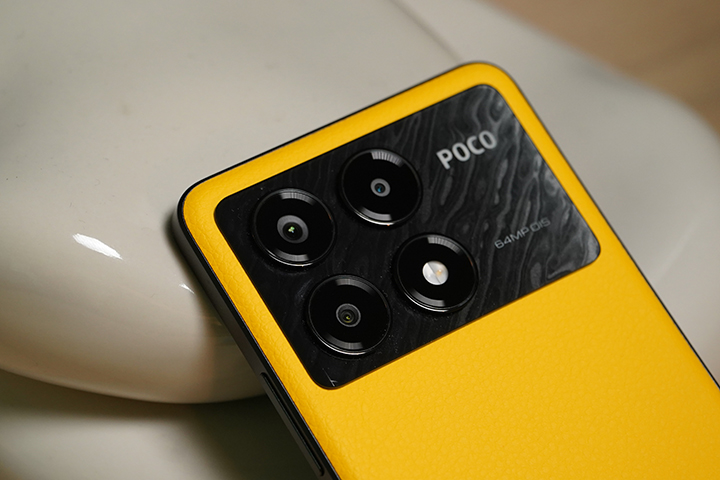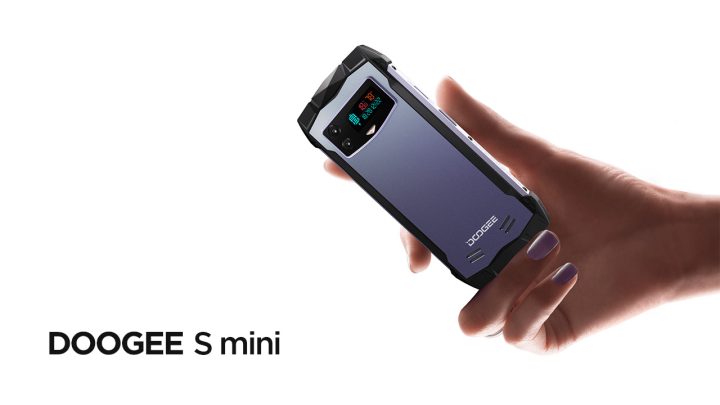Let’s start with the basics, as if you want to wager online in 2020, you’re spoilt for choice when it comes to the number and diversity of sites available.

Here’s a comprehensive list of recommended online casino platforms in the Philippines alone, with these options having been compared and reviewed according to several key metrics.
Overall, the global iGaming market is now worth an estimated USD 53.7 billion, and as this value continues to rise, so too, the technology behind popular casino platforms becomes increasingly sophisticated. But what innovations define this evolution, and what impact do they have on the typical iGaming experience?
Table of Contents
1. Updated Games Software
Over the last decade, gaming software has undoubtedly undergone a significant evolution. Best embodied by the market-leading development teams at brands such as Microgaming, NetEnt, and Evolution Gaming, the software used to create casino games has undoubtedly become increasingly complex and purposeful since 2010.
At the heart of this change is the infrastructure and language used to power online games, with most casino titles and platforms now programmed in C++.
We also see a growing focus on mobile gaming, with the number of smartphone users expected to breach the 3.6 billion barrier by 2023. In developed markets such as the UK, more than 50% of players now wager frequently through mobile devices, and this has changed the technology used to develop and publish games.
More specifically, a rising number of casino games are now underpinned by HTML5, with so-called ‘flash technology’ becoming less commonplace online.
Modern iGaming platforms also feature advanced random number generator (RNG) technology, to ensure that specific outcomes and results are produced fairly and transparently.
It means that it’s impossible for players to monitor results or identify sequences over time, creating an even playing field where you only have to contend with the respective house edge of your chosen game.
While these technologies are relatively well-known and highly trusted, they continue to evolve incrementally and contribute to a much-improved iGaming experience every year.
2. Security and Online Safety
As iGaming has enjoyed exponential growth in the Philippines (and indeed across the globe), we’ve also seen a rise in the number of rogue casinos operating online.
At the same time, we’ve also seen opportunities for illegal gaming arise across social media channels such as Facebook, with this site’s fundamental lack of regulation and the fact that members can register from as young as 12 creating a significant risk to younger players.
To this end, operators and regulators have been taking robust steps to help safeguard players as much as possible, mainly through an advanced combination of technology and process.
It’s now the industry standard for all online casinos to be secured by 128-bit SSL encryption. This provides a robust level of security that protects players’ sensitive and financial data, while some sites are building on this platform to offer encryption of 256-bit and above.
Fintech company Trustly has also played a key role in helping to secure sites, mainly by performing automated and intuitive background checks on players without overly compromising the overall iGaming experience.
This technology has also laid the foundation for so-called ‘Pay n’ Play’ casinos, which benefit from these stringent but non-intrusive background checks and can connect players to the action as quickly as possible.
Trustly’s innovation has also benefited the iGaming market at a time when the UK Gambling Commission (UKGC) has begun to crack down on the existing player verification processes, initially by preventing individuals from depositing or withdrawing funds at a new casino before their ID has been confirmed.
3. Further Payment and Withdrawal Technology
Online casino payment technology has also been forced to evolve recently, once again, because of regulatory shifts and changes to the precise options on offer.
For example, the UKGC brought out a total credit card ban on April 14th, with this extending to any e-wallet account or other payment option that’s directly linked to an active credit card.
This has helped to make popular payment methods such as PayPal even more widely used in the market, with this platform featuring a digital layer of functionality that allows for the seamless (and often instant) transfer of funds from one account to another.
Market-leading e-wallets like Neteller and Skrill (when funded by debit cards and bank transfers) offer a similarly smooth and seamless payment experience, by reducing the friction of P2P and indeed all online payments.
Another innovation in this field is found in cryptocurrency, with some online casinos now accepting this as a mainstream payment option.
This is likely to become increasingly commonplace in the future, particularly given the range of tokens now available and the additional functionality of options such as Ethereum.
The takeaway here is, the iGaming industry is already huge but it will continue to grow as more people shift to online services. And with that growth, we can expect the technology behind it to evolve as well.

































The rise of licensed online gaming in the Philippines means a good revenue for the country. With situation right now the land based casino may struggle a bit, but they can always utilize online where gaming would be more comfortable and safe.